Understanding Allergy Blood Tests: Comprehensive Allergy Profile for Better Diagnosis
Preventive Health & Screening
05 Jan 2026

Introduction: What is an Allergy Blood Test?
Allergies are a common health issue affecting millions of people worldwide. An allergy blood test is a diagnostic tool that measures the presence of specific antibodies (IgE) in your bloodstream when exposed to allergens like pollen, food, or pet dander. These tests are essential in identifying your body’s response to potential allergens. Vahcare Healthcare offers a comprehensive allergy profile blood test that covers a wide range of allergens, helping you understand the root cause of your allergic reactions.
Allergy Blood Test Vs. Allergy Skin Test: What’s The Difference?
One common question patients often have is the difference between allergy blood tests and allergy skin tests. While both tests are used to detect allergies, they differ in how the allergens are introduced to the body.
Allergy Skin Test: Small amounts of allergens are introduced directly onto the skin, and any reaction is monitored. This is often quick but can be uncomfortable for those with severe allergies.
Allergy Blood Test: In contrast, the blood test measures the presence of IgE antibodies in response to specific allergens without exposing the body directly. It is preferred for individuals who are prone to severe reactions or have sensitive skin. Moreover, a blood test can cover a wider range of allergens in one go.
Why is Allergy Comprehensive Profile Blood Test Prescribed?
Doctors may prescribe an Allergy Comprehensive Profile Blood Test to patients who are:
Experiencing unexplained allergic reactions like rashes, itching, or digestive issues.
Suffering from seasonal allergies caused by pollens, dust, or pet dander.
Unsure if their allergic reactions are triggered by specific foods like veg or non-veg items, seafood, or other food sources.
Suspected of having drug-related allergies or reactions caused by environmental factors like chemicals.
The test is a reliable tool for diagnosing and understanding which allergens are affecting your health.
What Happens During an Allergy Profile Test?
The Allergy Profile Blood Test is straightforward. A small sample of blood is taken from your arm, which is then sent to a lab for analysis. In the lab, the blood is tested against a range of allergens including:
Food allergens (both vegetarian and non-vegetarian food items)
Pollen allergens
Drug allergens
Environmental allergens (such as dust mites or animal dander)
Contact allergens (metals, chemicals, or textiles)
Results are usually available within a few days, and they provide a detailed profile of which allergens are causing your symptoms.
What are the Components of Allergy Comprehensive Profile Blood Test?
At Vahcare Healthcare, the Allergy Comprehensive Profile Blood Test includes:
Food Allergens: Testing for common allergens in both vegetarian and non-vegetarian foods like dairy, eggs, nuts, meat, and seafood.
Pollen Allergens: Identifying allergic reactions to various plant pollens that may cause seasonal allergies.
Drug Allergens: Checking for adverse reactions to medications commonly prescribed for infections or other ailments.
Contact Allergens: Testing for sensitivity to substances like metals, perfumes, chemicals, and dyes.
Environmental Allergens: Detecting allergies to dust mites, mold, or pet dander.
This extensive test provides a complete picture of potential allergens, helping in formulating a tailored treatment plan.
Conclusion: Take Control of Your Allergies with Comprehensive Testing at Vahcare Healthcare
If you’re dealing with frequent allergic reactions and need clarity on what’s causing them, a comprehensive allergy blood test is an excellent option. Vahcare Healthcare provides a safe, thorough testing process, ensuring you receive the best care and actionable insights for your health. Schedule your allergy profile test today for a clearer understanding of your health.
